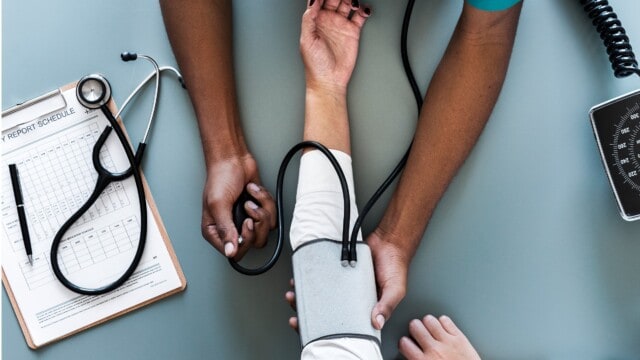Section I
Overview
Getting the care you need can sometimes be a nightmare! Between trying to get time off work, getting an order from your doctor, actually getting an appointment at the facility and then crossing your fingers that nothing happens to get in the way of you actually going to the appointment, it is enough to exhaust you even when you are healthy. Now imagine you are sick or have just gotten diagnosed with cancer – it can be overwhelming. The complicated process can lead to patients giving up, or getting lost, not followed up with. There can be so many barriers to care.
Some facilities make it much easier for a patient. They may have navigators and reminders and social workers and other support staff to help a patient get all the care they need. However, many safety net hospitals struggle to stay open and may have far less resources. Those patients who need help the most may get the least help. There is a wide body of scientific literature that shows that people of color are more likely to see delays in their care, are more likely to not be offered the right care and may have more challenges to accessing care.
Section II
Project Background
In 2012, Equal Care started a project to look at the breast health process across Metro Chicago. We engaged mammography facilities and hospitals engaged in breast cancer treatment and we mapped out the process of care at each facility from initial mammography to diagnosis to treatment to survivorship from the patient’s perspective. This project collected data on timelines such as how soon mammography appointments are scheduled, time from abnormal screen to diagnostic screen, and from diagnostic screen to biopsy; patient communication and satisfaction; and treatment processes such as surgery and radiation therapy.
The project identified good practices as well as “breakdown points” and barriers to quality care. Reports back to participating institutions were provided, which addressed good practices, potential opportunities for improvement and suggestions for further assessment. Results indicated that ¾ of the participating sites sent reminders to patients about upcoming mammogram appointments, and 1/3 allowed for walk-ins. Less than half (44%) provided mammograms on weekends. A little less than 1/3 (32%) cared for women under the Illinois Breast and Cervical Cancer Program.
